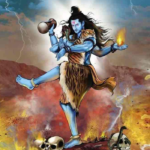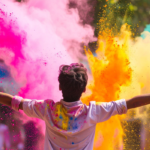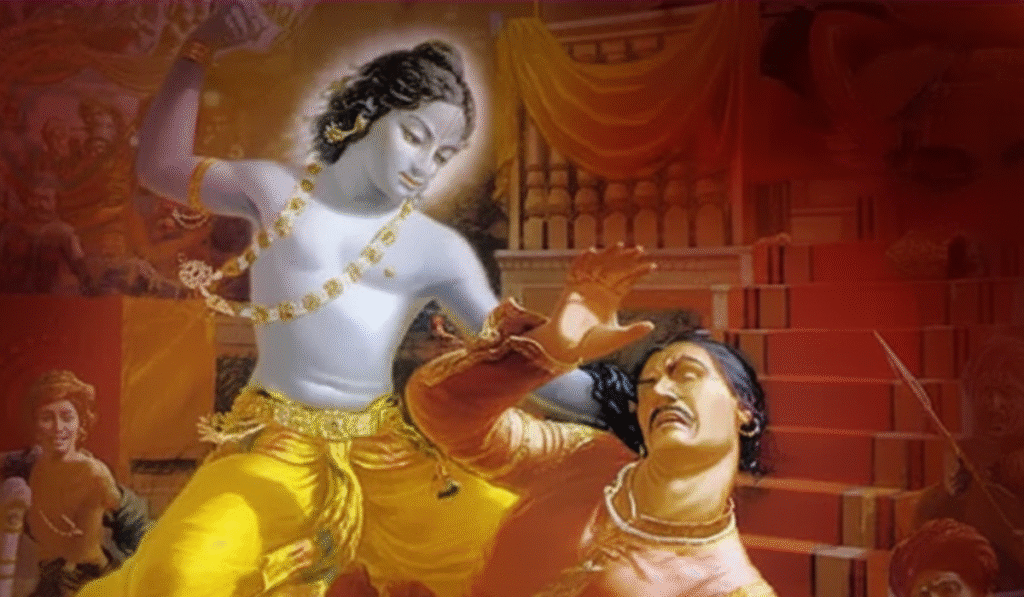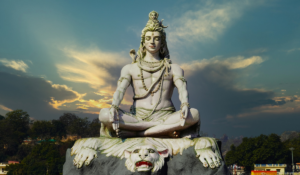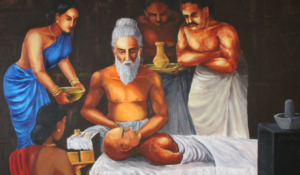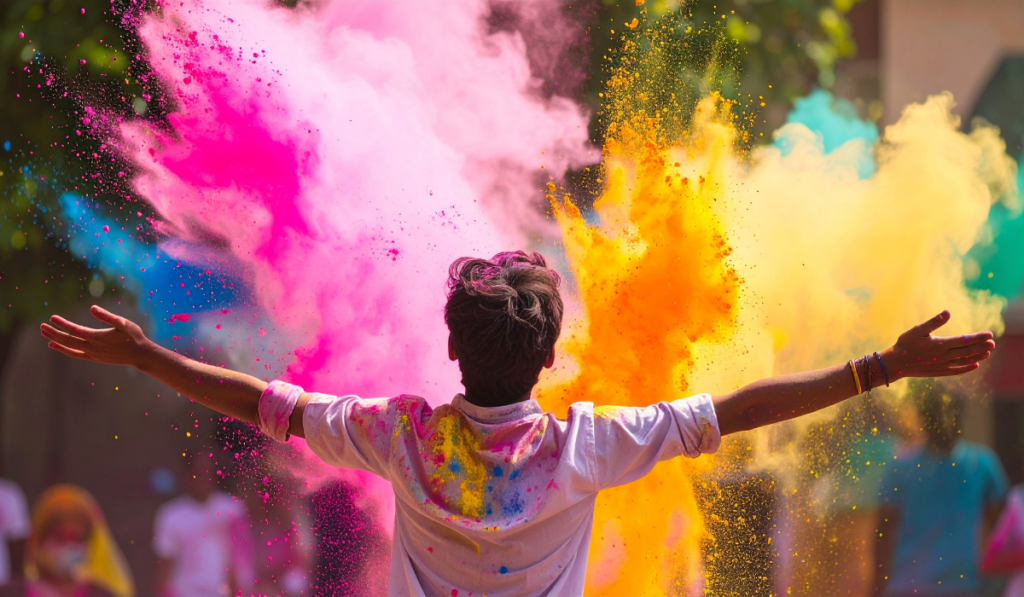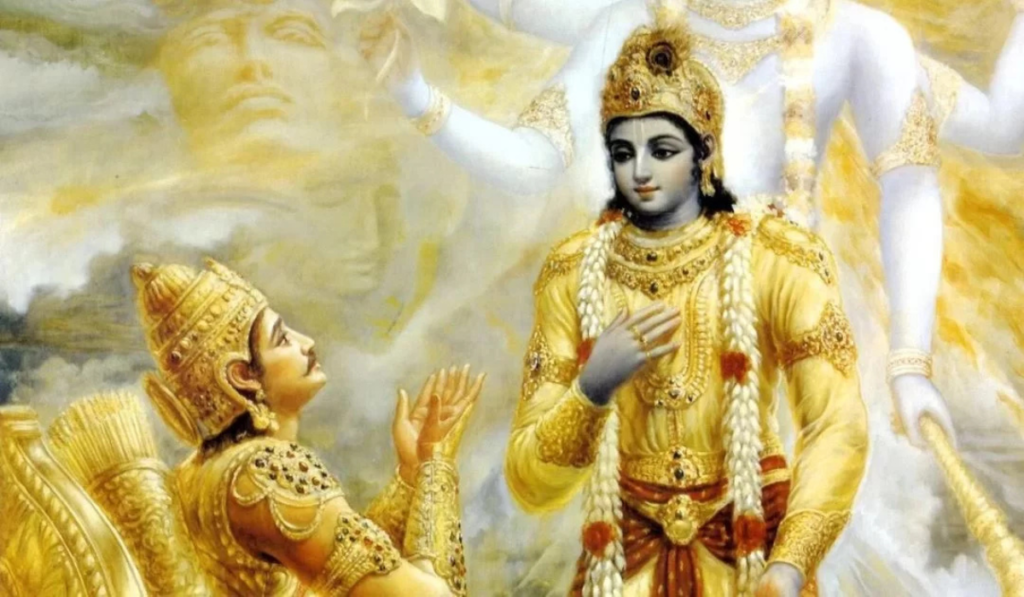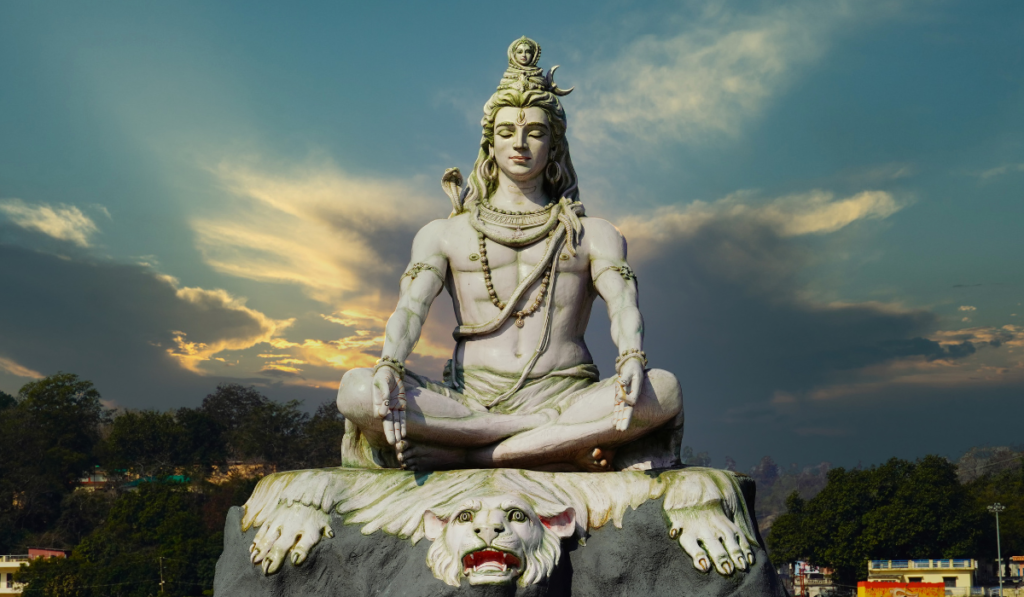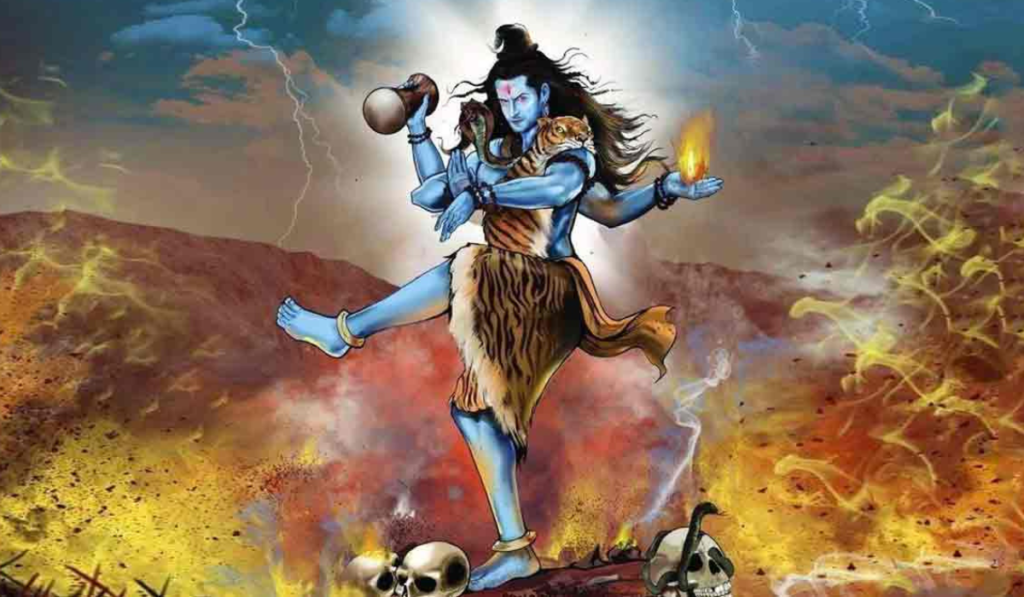Have you ever wondered why such a sacred day of Diwali is named Naraka, the hell? Well, among the five days of Diwali, one stands out for its unique story, rituals, and deep symbolism: Naraka Chaturdashi, also known as Chhoti Diwali.
It is celebrated just a day before the grand Diwali night. This festival marks the victory of light over darkness, and good over evil, both in the world and within us.
So, let’s explore the meaning, story, and significance of Naraka Chaturdashi and why exactly it’s fondly called Chhoti Diwali.
Key Insights Before You Begin
- Meaning: Naraka Chaturdashi is about defeating darkness and cleansing the soul.
- Why Chhoti Diwali: It’s celebrated a day before Diwali as a pre-festival ritual.
- Date 2025: Falls on Monday, October 20, with the holy bath done at 5:13–6:25 AM.
- Legend: Lord Krishna and Satyabhama defeated the demon Narakasura, marking victory of good over evil.
- Regional Rituals: Traditions vary across India, but all focus on cleansing, light, and joy.
Naraka Chaturdashi 2025 – Date, Timing, and Muhurat
In 2025, Naraka Chaturdashi, also known as Choti Diwali, will be celebrated on Monday, October 20. It marks the symbolic cleansing of the soul before the grand celebration of Diwali.
The day begins with the Abhyanga Snan. It is a ritual bath taken before sunrise to remove impurities and invite blessings of health, peace, and prosperity. Performing this ritual during the right muhurat ensures its full spiritual benefit.
Here’s the Naraka Chaturdashi 2025 Tithi and Muhurat
Date: Monday, October 20, 2025
Abhyanga Snan Muhurat: 05:13 AM to 06:25 AM
Duration: 1 hour 12 minutes
Moonrise: 05:13 AM
Chaturdashi Tithi Begins: 01:51 PM on October 19, 2025
Chaturdashi Tithi Ends: 03:44 PM on October 20, 2025
What is Naraka Chaturdashi and Its Meaning?
The word Naraka Chaturdashi is made of two Sanskrit terms that is Naraka, the obvious meaning is hell or darkness, and Chaturdashi, meaning the 14th day of the lunar fortnight. This day falls on the Chaturdashi Tithi of Krishna Paksha, the 14th day of the waning moon, in the month of Kartik.
It is believed that Naraka Chaturdashi frees oneself from negativity, laziness, and the symbolic darkness of the soul. That’s why Naraka Chaturdashi is about cleansing the body, mind, and spirit before welcoming Goddess Lakshmi on Diwali.
In many Hindu homes, this day begins with an Abhyanga Snan. It is a holy bath taken before sunrise, using scented oils and herbs. It’s said that this ritual washes away impurities and brings divine blessings for health, beauty, and strength.
Narak Chaturdashi Story and Legend
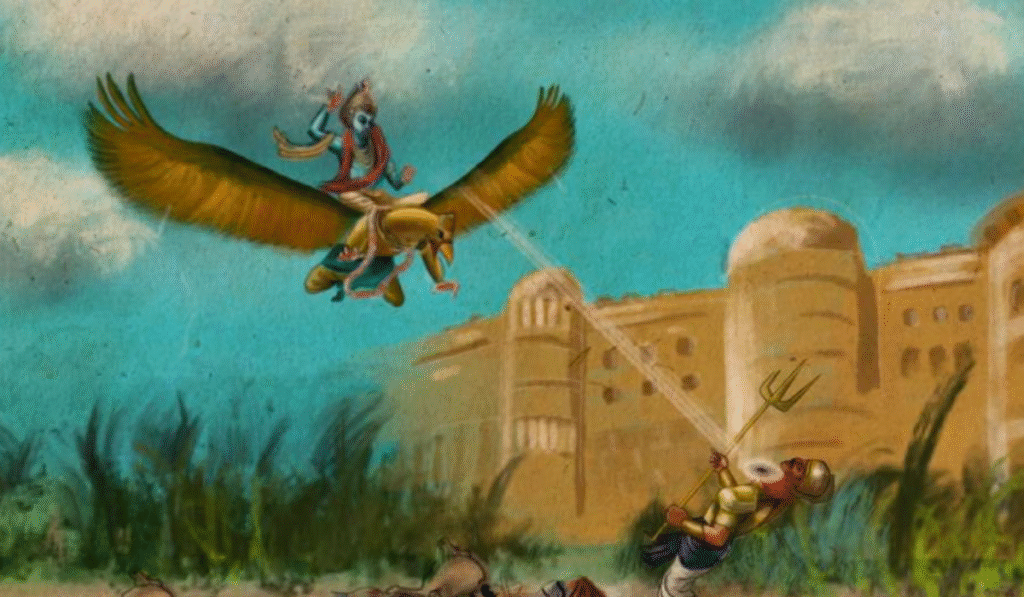
Behind every Hindu festival, there is a powerful story, and Naraka Chaturdashi is no different.
According to ancient legends, there once lived a demon king named Narakasura who ruled the kingdom of Pragjyotishpur, present-day Assam. Though he was born of divine origin, Narakasura became arrogant and cruel. He imprisoned thousands of women and tormented saints and devotees.
So, unable to bear his atrocities, the Devas asked for help from Lord Krishna. The Lord, along with Satyabhama, waged a battle against Narakasura. In the fierce combat, Satyabhama struck the final blow that ended the demon’s tyranny.
When Narakasura died, he requested Krishna to declare the day of his death as one of joy and celebration rather than sorrow. He wished that people would remember this day as the end of evil and the dawn of light. Thus, accepting his dying wish, Naraka Chaturdashi became a festival symbolizing the triumph of good over evil.
Many devotees also believe that on this day, Lord Krishna returned home victorious, and the people of Dwarka celebrated his victory by lighting diyas, marking the origin of Chhoti Diwali.
How Naraka Chaturdashi is Celebrated in Different Regions of India?
Though the spirit of Naraka Chaturdashi is the same everywhere, the victory of good over evil, every region in India adds its own colors and customs to the day. From early morning baths to evening lamps, each tradition carries a quiet message of cleansing and light.
North India
In North India, the day is known as Chhoti Diwali. People clean their homes, decorate with rangolis, and light diyas as a sign of removing negativity before Diwali. Families remember the legend of Narakasura and Lord Krishna, sharing sweets and joy as a prelude to the main festival.
Maharashtra
In Maharashtra, devotees wake up before sunrise to take the holy Abhyanga Snan, a ritual bath done at the special muhurat mentioned for Naraka Chaturdashi 2025. After the bath, they wear new clothes, visit relatives, and enjoy festive snacks like chakli and ladoo.
Gujarat
In Gujarat, Naraka Chaturdashi coincides with Kali Chaudas, a day dedicated to Goddess Kali. Devotees light lamps to ward off evil forces and perform special pujas for protection and cleansing of negative energies. Many also pray to Yamraj, the god of death, seeking good health and longevity for loved ones.
South India
In South India, Naraka Chaturdashi itself is celebrated as Deepavali. People start the day early with oil baths, light crackers to mark the fall of Narakasura, and worship Lord Krishna and Satyabhama for their victory over evil.
Across India, no matter the name or custom, the meaning of Naraka Chaturdashi stays the same. It is a reminder to clear away darkness, purify our hearts, and welcome Diwali with light, gratitude, and a peaceful spirit.
Conclusion
If Diwali is about inviting prosperity, Naraka Chaturdashi is about clearing space for it. One prepares the ground, the other plants the seed.
That’s why, even though it’s called Chhoti Diwali, its spiritual weight is immense. It’s the moment between reflection and celebration, a quiet pause before the brilliance of Diwali night.
So when you light your first diya this year, remember that it’s not just a tradition. It’s a declaration that light will always find its way back, through every dark night, every Naraka, and every Chhoti Diwali.
Let’s stay connected! Come say hi on Instagram or follow us on Facebook for daily inspo.

